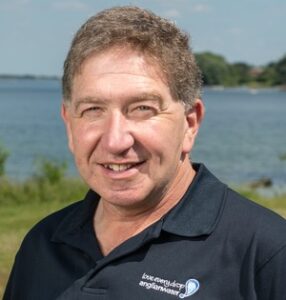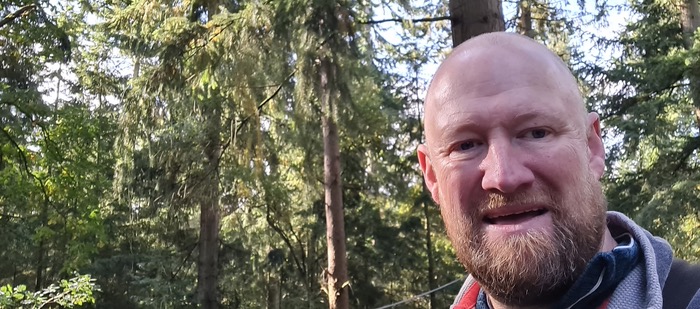Farmers working with Anglian Water are being encouraged to build their business resilience by managing and monetising their natural capital.
The East Anglian water company has joined forces with Trinity AgTech to offer farmers a trusted and scientific solution to taking control and optimising their soil health.

Chris Hewis
“While drinking water quality is a major focus for Anglian Water, we recognise the mutually beneficial aspect of working alongside farmers to improve soil health on-farm,” explains Chris Hewis, catchment advisor at Anglian Water.
“By using Trinity AgTech’s new generation navigator, Sandy, farmers can monitor and, where necessary, make informed decisions to improve their soil health and keep inputs on the field,” says Mr Hewis. “That inevitably improves drinking water quality and farmers gain from a business productivity perspective.”
When choosing a natural capital navigator to partner with, Mr Hewis highlights the appeal of Sandy’s breadth of technical modules that resonated with Anglian Water’s approach to working with farmers.
More than carbon focus
“Sandy does more than just focus on carbon. It looks at all of the outcomes of changing practices and quantifies those changes in terms of carbon, biodiversity and water quality so farmers can profit from their business decisions.”
Anglian Water’s senior agronomy advisor, Richard Reynolds adds: “The more productive and more economically sustainable farmers are, the better end result for water quality.
“Farmers are coming up against challenging times financially, so supporting them in making the most of their inputs is crucial to making sure their businesses stand the test of time.”
Mr Reynolds explains the foundations of farm business productivity stem from robust soil health.
“By using Sandy to optimise soil health, we can work with farmers to increase the soil’s water holding capacity, allowing better nutrient retention and reducing the risk of run-off.
“As a result, business resilience for both parties will be bolstered and everyone gains from a water quality and environmental perspective,” Mr Reynolds concludes.



